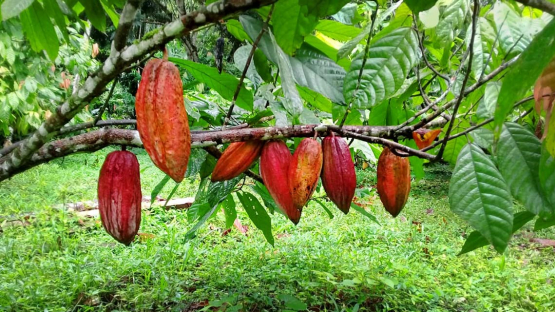As import regulations of the European Union changed in 2019, Panama’s cocoa exports came under threat: exporters had to prove that the amount of cadmium in their products was below the EU’s legal threshold of 0.8 milligram per kilogram. Isotopic techniques can help identify the source and movement of the metal and thereby help farmers prevent contamination in the fruit – increasing food safety and restoring exports.
The province of Bocas del Toro, in northwestern Panama, is home to 90% of the country’s gourmet-quality organic white cocoa. Here, farmers grow cocoa trees using traditional methods, in harmony with the surrounding nature. The soil of most cocoa-growing areas, however, is naturally rich in cadmium, putting at risk the quality of the beans and the livelihood of about 1,400 farmers and their families. “The export of cocoa beans represents an important source of income that helps alleviate poverty in the province,” said Jose Ezequiel Villarreal, researcher at the Agricultural Research Institute of Panama (IDIAP).







